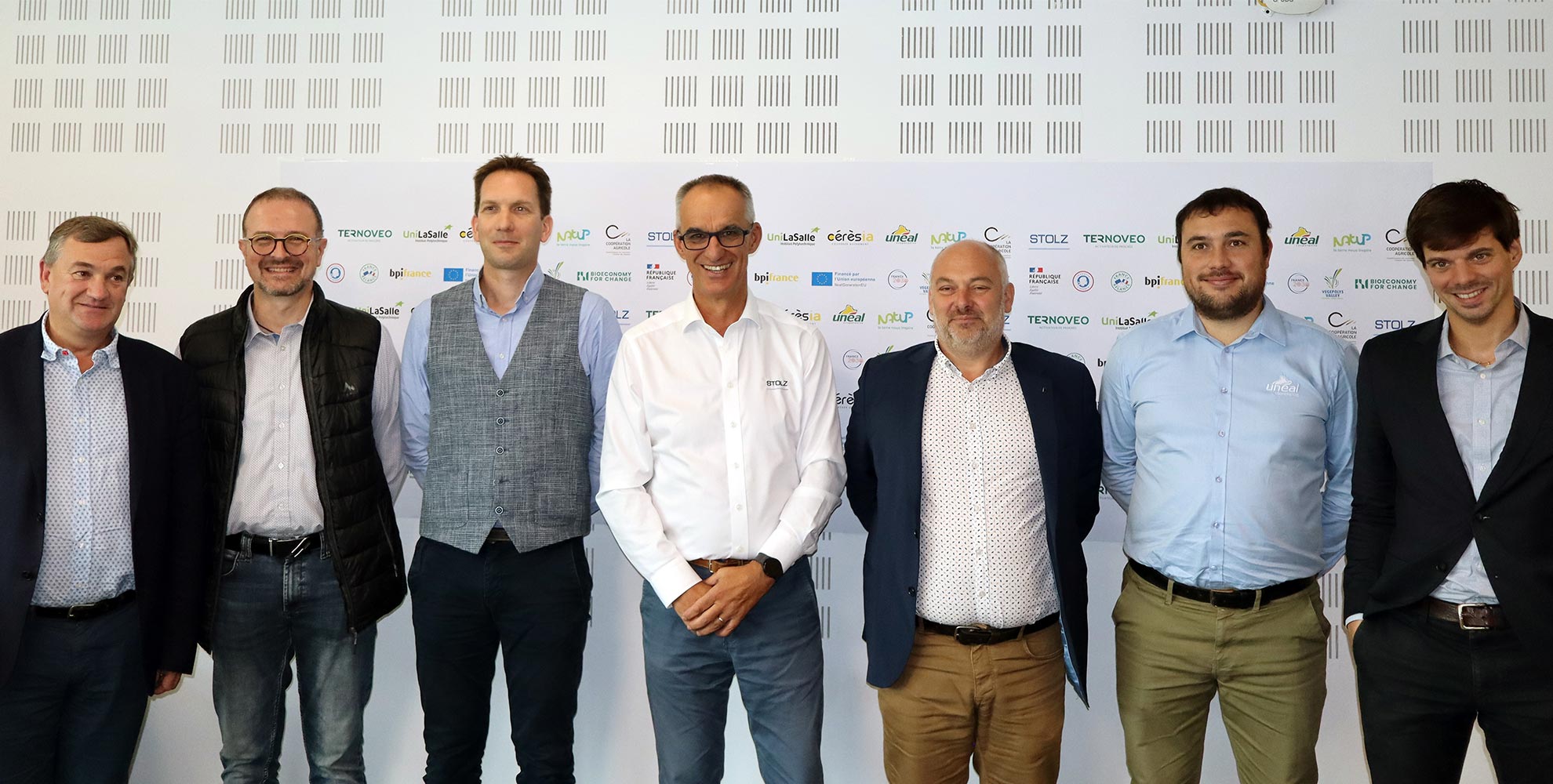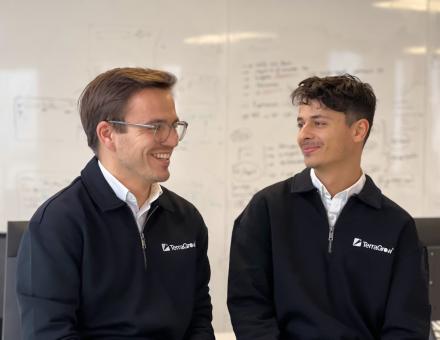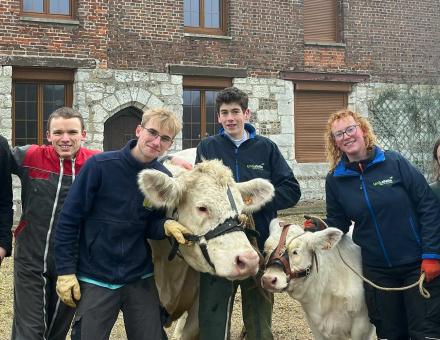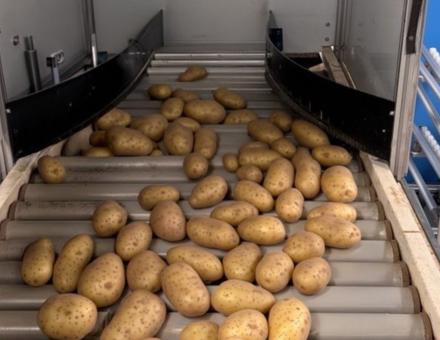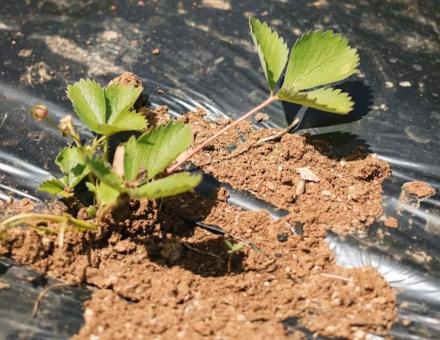At the Advitam Group headquarters near Arras, the Stolz consortium, UniLaSalle, LA Coopération Agricole des Hauts-de-France, and URAP (Unéal, Ternoveo, Nat'Up and Cérèsia) celebrated the launch of the collaborative PARHY project (Projet d'Application d'ozone Régulé pour l'HYgiénisation céréalière), an innovative project putting French excellence at the service of the cereal industry.
Against a backdrop of demand for greater transparency in agricultural practices, and for more sustainable, eco-responsible solutions, the PARHY project aims to address one of the major issues facing the agricultural market: controlling the appearance and development of insects in grain storage facilities.
The PARHY project proposes to limit the presence of insect pests (such as weevils, sylvans and capuchin beetles) in stored cereals through the application of ozone gas.
This innovative solution, the only one of its kind in the world, aims to reduce environmental impact, eliminate the use of insecticides and improve grain preservation conditions.
Its development was made possible by research and development work on ozone at the Institut Polytechnique UniLaSalle, and by equipment designed by STOLZ, a company specializing in solutions for the agri-food industry.
Developed as part of the French government's call for projects entitled "Innovating for a successful agro-ecological transition", the PARHY project is supported by the "Programme d'Investissements d'Avenir et le Plan de Relance" and has been awarded a budget of 2.8 million euros, operated by Bpifrance.
"This grant marks the commitment and support of the French government for a more reliable and healthier agriculture and agri-food industry", said Jérémy Carlier, Project Monitoring Manager at BpiFrance, who attended the launch meeting.
The PARHY consortium has also been accredited by the B4C Bio Economy for Change and Vegepolys Valley competitiveness clusters.
Construction and installation of the demonstrator will begin in autumn 2023 on the URAP Moislains site (80). Managed by the URAP storage organizations (Unéal, Ternoveo, Nat'Up and Cérèsia), the URAP Moislains site is ideal for experimentation thanks to the diversity of crops grown (cereals, oilseeds, protein crops) and its proximity to major motorway networks and the Seine Nord-Europe canal.
Over the next three years, the consortium members will work together to test and develop this unique, innovative solution on an industrial scale, with the first phase of intensive testing due to start in spring 2024.
By 2026, the PARHY consortium aims to roll out this technological solution to all players in the French cereal industry, then internationally, while putting French engineering at the service of the agro-ecological transition.
